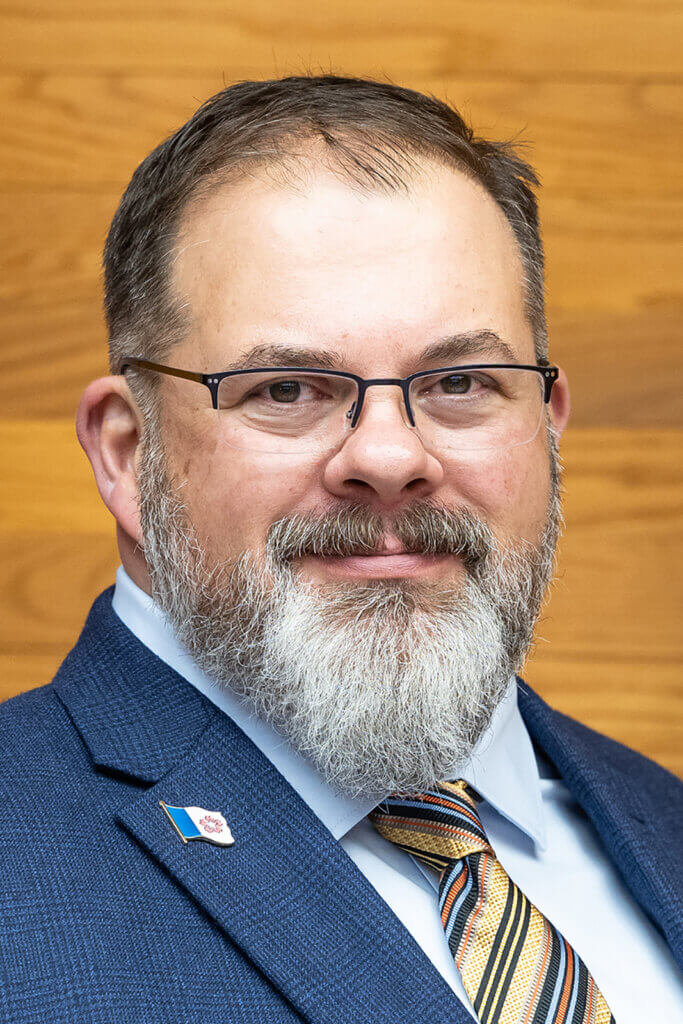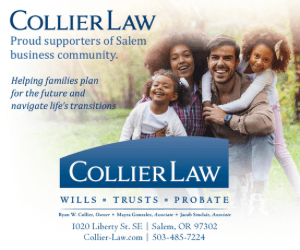Salem City Council meeting on July 10 could decide employee-paid payroll tax:

“We can’t leave it to another Council to decide,” says Mayor Hoy
Salem’s population is growing, but the budget for police, fire, homelessness, and emergency services is falling behind. The City’s 19.4 million General Fund deficit is preventing the maintenance and improvement of emergency services due to property tax limitations.
The Salem City Council and Budget Committee have taken steps to confront this pressing issue through the Safe Salem 2023 plan, which outlines the deficit problem and solution.
The proposed solution involves an employee-paid payroll tax ordinance, which was first introduced at the June 26 City Council meeting. If passed, the .814% tax would begin as soon as the summer of 2024 and annually generate $27,850,000, with the potential to increase in a growing economy.

According to the City’s website, the tax would apply to work within the city limits, including self-employed, remote workers, and even the approximately 70,000 commuters to Salem. Those who earn minimum wage will be exempt from the tax. Salem workers can utilize the City’s payroll tax calculator to estimate their annual employee-paid tax based on their hourly rate or annual salary.
“This has been a problem since 2008, but we can’t leave it to another Council to decide,” says Mayor Chris Hoy. “Residents deserve a functioning local government that can respond to their needs.”
The City Council can decide whether to implement the tax without voter approval at their upcoming July 10 meeting or present it to voters for approval on the November 2023 or May 2024 ballots. If passed without voter approval now, the tax would still require voter approval at some point before 2031.
Councilor Trevor Phillips, representing Southeast Salem Ward 3, favors immediately raising revenue to fill the shortfall. He says he is deeply afraid of the consequences of delaying, as both an emergency room physician and an elected official whose job is to make difficult decisions on behalf of the people of Salem.
“In Ward 3, we have some of the slowest response times for 911 calls due to the current understaffing of all aspects of our General Fund departments, including police and fire,” says Phillips. “The understaffing across all emergency departments is profound. There is no more fat to cut. Any additional cuts are bone.”
Phillips highlights the pressing need to adequately staff Salem police and fire to improve response times, currently approaching 10 minutes compared to the desired safety goal of five minutes.
He views the Safe Salem tax as an investment that would enable community-led policing; add ten or more police officers; fund the Navigation Center for the homeless; and add a second fire station, two park rangers, and more long-term city planners.
“These are critical positions that you need as a community to be nimble and resilient, moving forward to meet the needs of all of our community,” says Phillips. “In my opinion, it has to be done.”
Like Phillips, City Councilor Jose Gonzalez of Northeast Salem Ward 5 also wants the community’s needs met at the end of the day. He knows it will come down to the type of city that voters want, which costs money. But he’s in favor of going to the voters first to get approval for the employee-paid tax to raise that needed revenue.
“People voted us in and authorized us to do this. But the impact of this is trusting that those same people have their voices heard by voting. And I trust them,” said Gonzalez.
As the Ward 5 Councilor, he expressed concern for politically invisible people.
“There are people who don’t have the luxury of extra time to understand what we’re doing, people who don’t attend our meetings, people who don’t keep track of the hundreds of things we do throughout the year, and people who are undocumented – they can’t vote,” said Gonzalez. “We know that. And they’re going to have to pay this tax too.”
Gonzalez encourages people to attend the public hearing on July 10 or contact their Salem City Councilors to voice their opinions on the proposed ordinance.
The July 10 City Council Meeting, where the fate of the tax proposal could be decided, will take place at the Council Chambers at 555 Liberty St. SE, 240, from 6 – 8 p.m. For further information, interested individuals can visit the City of Salem website.






